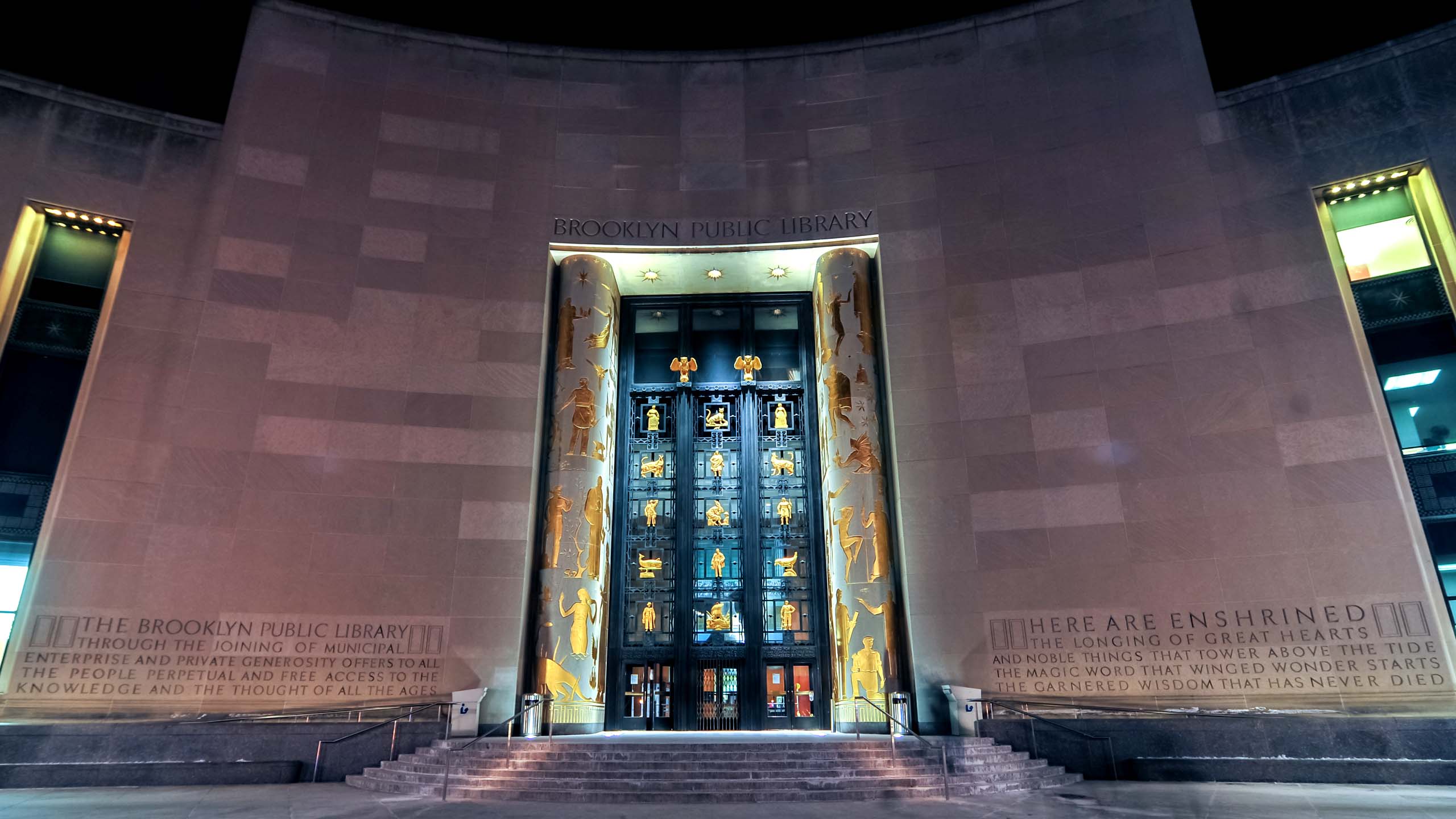In response to increased censorship of books centring LGBTQ2S+ people and people of colour across the United States, the Brooklyn Public Library is offering teens nationwide free access to banned and challenged books.
On April 13, Brooklyn Public Library announced its Books Unbanned initiative, which allows young people between the ages of 13 and 21 living anywhere in the U.S. to apply for a free library card. That membership provides a year’s worth of access to the library’s entire online collection of digital books, audiobooks and other resources.
“We need these young adults to be able to learn about the world.”
The initiative is a direct response to the uptick in banned books within the past year. The American Library Association reports that more than 1,500 books were challenged in 2021, which it claims is the largest number of attempted book bans since it began compiling data 20 years ago. According to a separate analysis by the nonprofit organization PEN America, 33 percent of book bans targeted texts with LGBTQ2S+ themes or protagonists, especially those with trans identities.
Commonly targeted books include Gender Queer by Maia Kobabe, Lawn Boy by Jonathan Evison and All Boys Aren’t Blue by George M. Johnson. In Florida, a Flagler County School board member reportedly called the police after finding copies of Johnson’s book, which discusses the author’s upbringing as a Black queer person, in three libraries within the school district.
A representative says the Brooklyn Public Library “rolled out this campaign specifically to help teens because they’re most impacted by attempts at censorship and restrictions on access right now.”
“They’re our future leaders,” Amy Mikel, the library’s director of customer experience, tells Xtra. “We need these young adults to be able to learn about the world, learn how to consider somebody else’s point of view, and learn how to reconsider their own way of thinking about the world. We really, really need that.”
Since the campaign was launched earlier this month, Mikel’s team has fielded over 1,500 email requests for a library card from young people all across the country, and has already issued over 500. She says many of the requests are coming from states where lawmakers have taken aim at LGBTQ2S+ education in schools, including Texas, Florida, Tennessee and Georgia. In May, Florida Gov. Ron DeSantis signed a “Don’t Say Gay” bill banning discussions of LGBTQ2S+ identities in K-3 classrooms.
While Book Unbanned is open to all young people of all sexual orientations and gender identities, Mikel says the “most frequently cited theme of why people would like access is because these are trans or queer or gay or questioning children.”
“They are pleading with the library to give them a library card so they can read books about others who might be having the same experience so they can explore their sexuality and they can maintain their privacy while doing so,” she says, noting that many youth have reached out from rural areas. “They don’t have the level of access that they need to feel supported in their local community. That is just shocking to me.”
Since last year, LGBTQ2S+ education has become a frequent target by conservative politicians, parents and school boards. In October 2021, Texas state Rep. Matt Krause asked schools across the state to report if they had any of the 850 books from a compiled list that particularly dealt with race and sexuality. Krause’s investigation led several school districts to remove hundreds of books from library shelves. Books discussing LGBTQ2S+ topics often are cited as being “obscene” or “pornorgraphic.”
This year, at least seven states have pushed bills to restrict schools from allowing certain books in classrooms. Following the enactment of Florida’s “Don’t Say Gay” law, Alabama Gov. Kay Ivey signed similar legislation banning discussions about gender and sexuality with students in kindergarten through the fifth grade.
Although the campaign ends on April 30, the Brooklyn Public Library says it will continue to fight for the “right to read and access all points of view without restriction.”
“Learning and knowledge is one of the most important things you can carry with you as a human being in this world,” Mikel says. “When you restrict that access, you impact the trajectory of somebody’s life.”


 Why you can trust Xtra
Why you can trust Xtra


